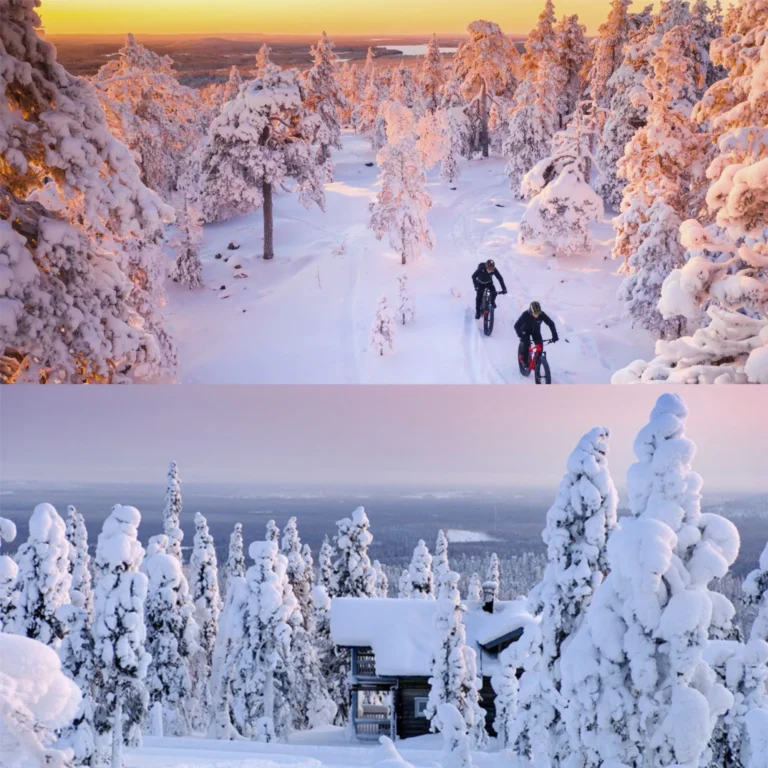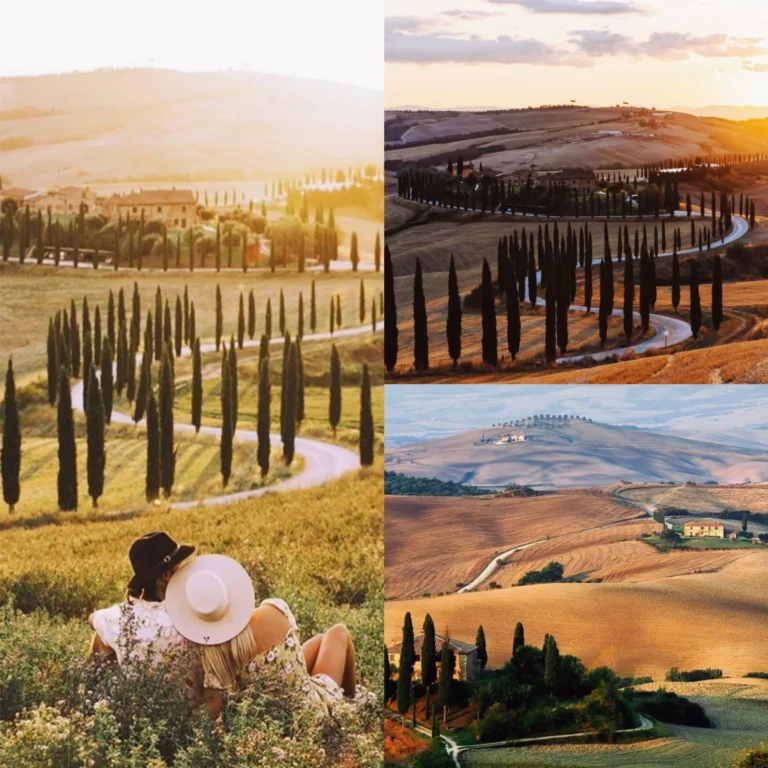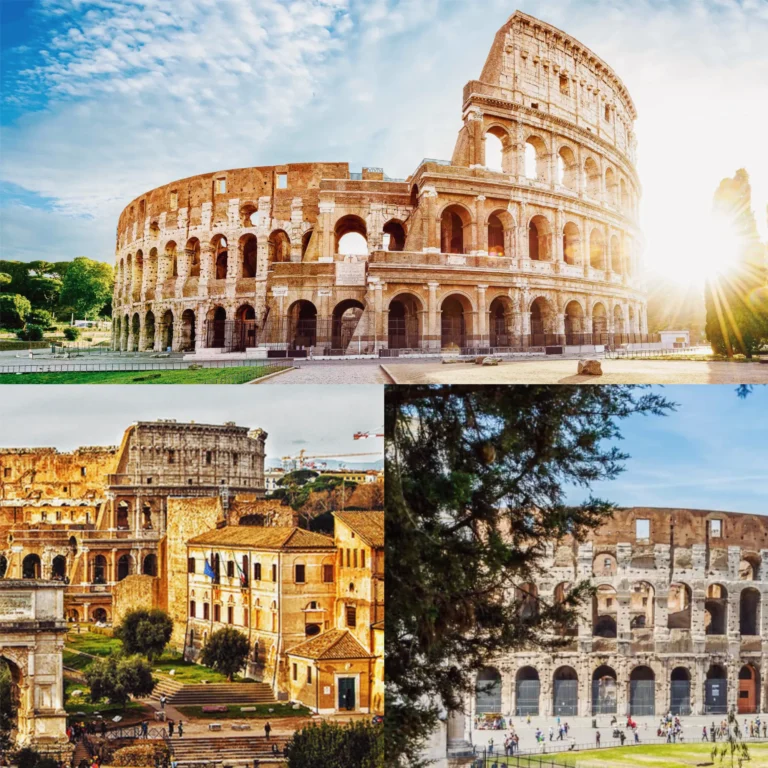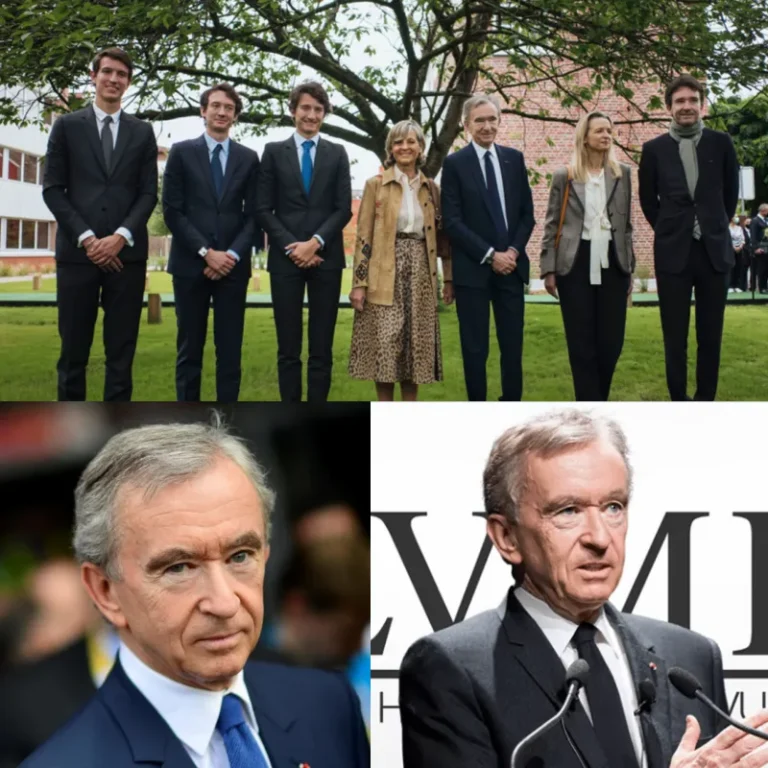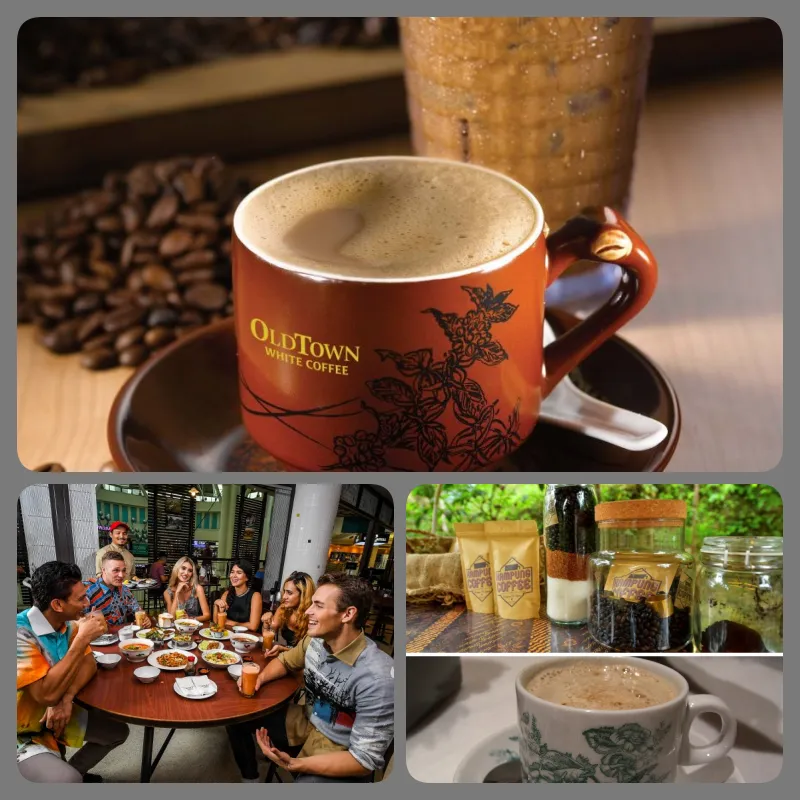
Coffee Tourism Experience in Malaysia
Discover the unique coffee culture of Malaysia by indulging in traditional favorites like white coffee or “kopi tarik.” These beverages offer visitors a taste of Malaysia’s rich cultural heritage.
Coffee has been an integral part of Malaysian culture and daily life since the 19th century. In 1898, Chinese immigrants brought their coffee culture to Malaysia, where it quickly became a staple. The “Kopitiam,” a traditional coffee shop, became a gathering place for the Chinese-Malaysian community, where “kopi” (coffee in Malay) and “tiam” (shop) combined to form a beloved institution.
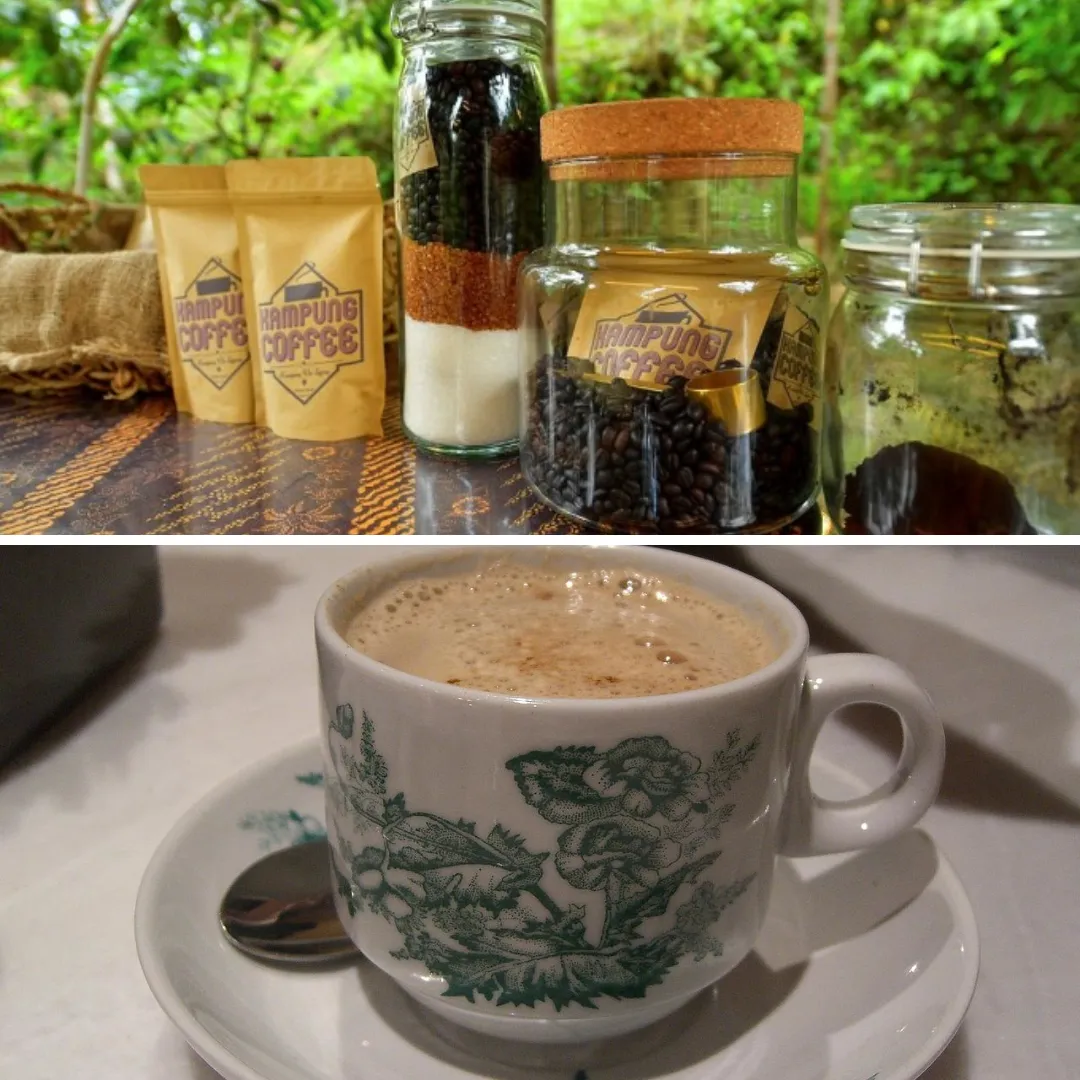
Traditional Coffee Varieties
Malaysia offers a variety of traditional coffee types, often enjoyed with breakfast items like buttered toast with kaya coconut jam, sponge cakes, and soft-boiled eggs. Modern Kopitiams have expanded into mini food courts, open from morning until noon, offering a nostalgic experience that remains a hallmark of Malaysian tradition.
Kopi Tarik (Pulled Coffee)
Inspired by the hot milk tea “Teh Tarik,” Kopi Tarik is a popular drink created by Indian Muslim immigrants on the Malaysian Peninsula. They set up beverage stalls at the entrances of rubber plantations to serve workers after World War II.
Kopi Tarik is made by pouring or “pulling” the coffee between two containers at a considerable distance, sometimes up to a meter apart. This process helps blend the coffee and milk, enhancing the flavor and creating a signature frothy top. The skill and craftsmanship of the barista are showcased in this preparation.
Ipoh White Coffee
Originating in the 19th century in Ipoh, the capital of Perak state, White Coffee was created by Chinese immigrants who came to work in the tin mines. Ipoh is also known as the culinary capital of Cantonese street food in Malaysia. White Coffee helped put Ipoh on the map, with Lonely Planet naming it one of Asia’s top three coffee cities alongside Chiang Mai (Thailand) and Tokyo (Japan).
Malaysian White Coffee is light brown with a rich, creamy flavor, distinct from traditional black coffee. Initially, it was made by roasting coffee beans with butter, giving it its name, “White Coffee,” referring to the white layer of melted butter on top.
Over time, the recipe evolved to include a blend of Arabica, Robusta, and Liberica coffee beans, typically roasted with vegetable oil. While Ipoh remains the epicenter, Malaysian White Coffee is now popular nationwide and across Southeast Asia, including Vietnam.
OldTown White Coffee is the most famous brand, with over 200 outlets in Malaysia and the Asia-Pacific region, offering both café and restaurant experiences.
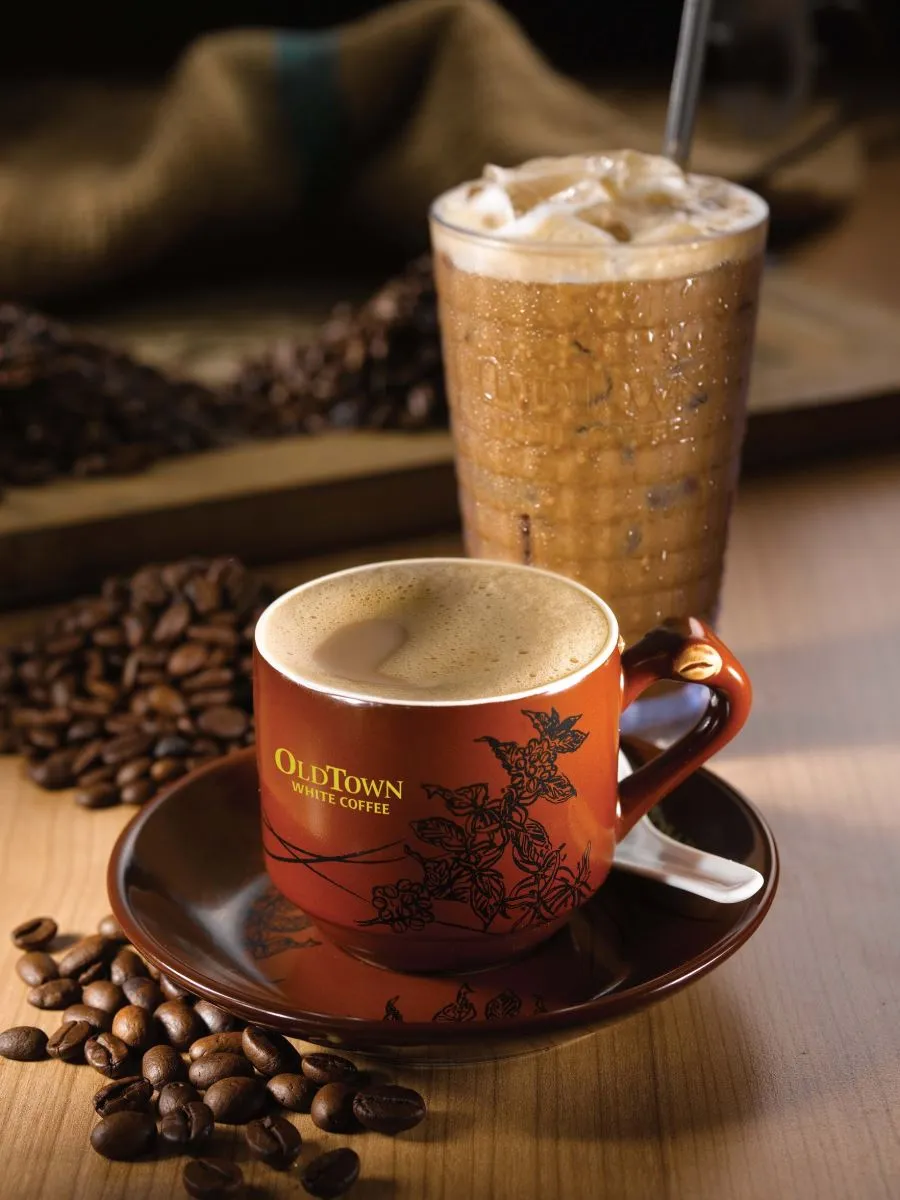
Coffee for the Younger Generation
Alongside traditional coffee, modern coffee culture has gained popularity among Malaysia’s younger generation, particularly “specialty coffee” in the last decade.
Young people have many coffee options in cities like Kuala Lumpur and George Town – Penang. In Kuala Lumpur, visitors can try 103 Coffee in the Chow Kit district. The coffee here is not only delicious but also visually appealing and creative. Notably, Malaysian durian coffee, with its aromatic and robust flavor, leaves a lasting impression on visitors. This coffee is believed to offer health benefits such as stress reduction, improved endurance, and reduced fatigue.
Coffee Tourism in Malaysia
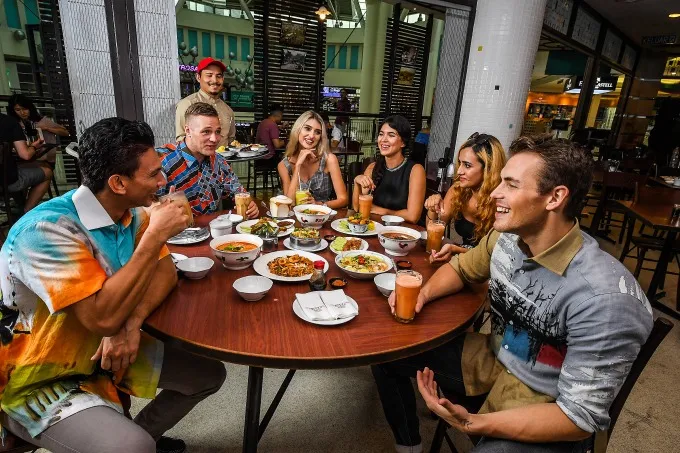
Recognizing the growing interest in coffee experiences, various coffee tours are available across Malaysia, catering to different preferences and budgets.
– Penang Coffee Street Tour: For RM 350 (about $74), visitors can enjoy a 6-hour tour sampling Kara-Kara coffee while visiting Clan Jetty, China House, Armenian Street, Little India, and experiencing a Coffee Foot Scrub massage.
– Kuala Sepetang and Taiping Day Trip: For RM 188 (about $40), visitors can explore Perak Museum, Antong Coffee Factory, Kilang Kopi Istimewa, Taiping Lake, and Kuala Sepetang.
– Sarawak Nature and Coffee Tour: For those who love nature, a tour in Sarawak costs from RM 830 per person (about $175). This tour includes coffee experiences combined with workshops, events, and explorations of local culture and natural caves.
These tours offer a unique way to explore Malaysia’s coffee culture while enjoying the country’s rich history and natural beauty.
